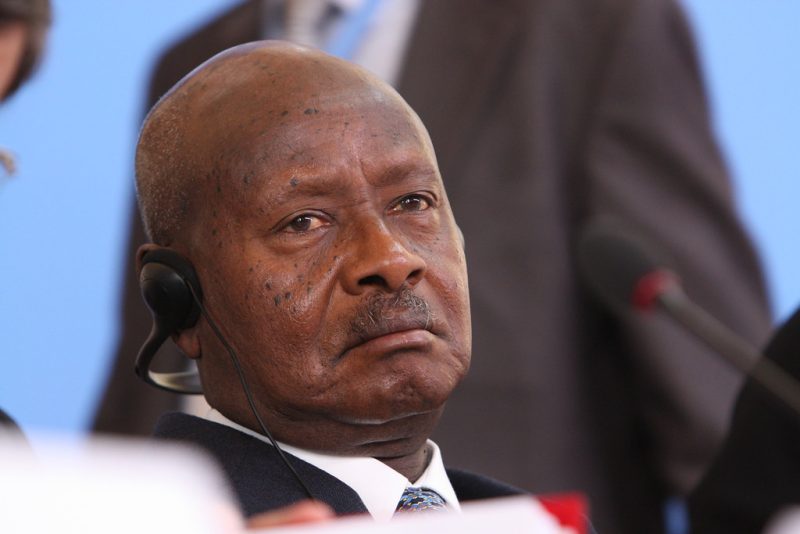This week, politician Bobi Wine was arrested at Uganda’s Entebbe International Airport. The government states that police arrested him in order to stifle a large “procession by Wine’s supporters” right outside of the airport. Wine, whose real name is Robert Kyagulani, ran as the main opposition leader against current president Yoweri Museveni in the 2021 election, with Museveni winning a sixth term despite accusations of widespread voter fraud and intimidation. Since the race, Wine has experienced heavy government scrutiny, culminating in his arrest.
Both sides have been vocal about their perspective. An official police statement said that officers would take “all necessary measures” to ensure that people involved in “illegal activities” are brought to justice. The government claim is that Wine was arrested in order to prevent “criminal activities,” like rioting, in the protest. On the other hand, Wine’s party, the National Unity Platform, said that the government had their headquarters “under siege,” saying the politician’s arrest was “violent” and decrying the police response as too harsh.
In places without strong political foundations, leaders sometimes manipulate their system to take more control for themselves. Wine’s arrest makes an already doubtful election win even more hard to believe. It would only make sense for police to detain him now, a year after the election, if the leader who is in power does not reflect the will of the people. When there is this disconnect between leader and populace, the possibility of conflict suddenly boiling over due to years of resentment and oppression creates a constant fear of total destabilization.
There were hopes for a democracy in Uganda as it began to recover from Idi Amin’s brutal regime in the 1970s, but although subsequent leaders have not been as murderous as Amin, this has not yet been achieved. In 1986, rebel forces ousted previous leader Milton Obote and ushered Museveni in as president. By 2001, Museveni had won another campaign, already pushing ideas like his “no-party system” on the people (in lieu of a multi-party, more balanced method). By the time he was re-elected again in 2006, Museveni had begun receiving heavy criticism, with the E.U. accusing him of intimidating his rival and creating a heavy media bias to aid him – accusations which would repeat in his next successful election in 2011, with his opponent, Kizza Besigye, calling the race a “sham.” After accruing more fraud allegations over winning another race in 2016, Museveni would push a vote to “remove the age-limit for presidential candidates,” making his own age no object to his eligibility in future races. All of this turmoil led to the 2021 elections, where a familiar pattern of fraud and fear continued.
Matters of world peace are not always bloody, or large conflicts. They can sometimes be as simple as an election and its implications. There will always be some in a position to do so who will attempt to subvert rules and norms in an attempt to gain political power; democratic backsliding contributes to a country’s instability, which in turn can threaten regional and even global peace (especially if, as it often does, such backsliding leads to dictatorships and externalized aggression). In this case, opposition leader Bobi Wine’s arrest and the pattern of election problems since Museveni took power lend credibility to the fraud and intimidation allegations over the 2021 race. That Museveni has silenced Ugandans’ ability to choose who governs them is an injustice, and one which reverberates beyond this country’s borders.
- El Salvador Police Crackdown Pleases Many, Worries Rights Groups - January 4, 2024
- Libya Floods Kill Thousands - December 6, 2023
- Russian Helicopter Pilot Defects to Ukraine - November 16, 2023


